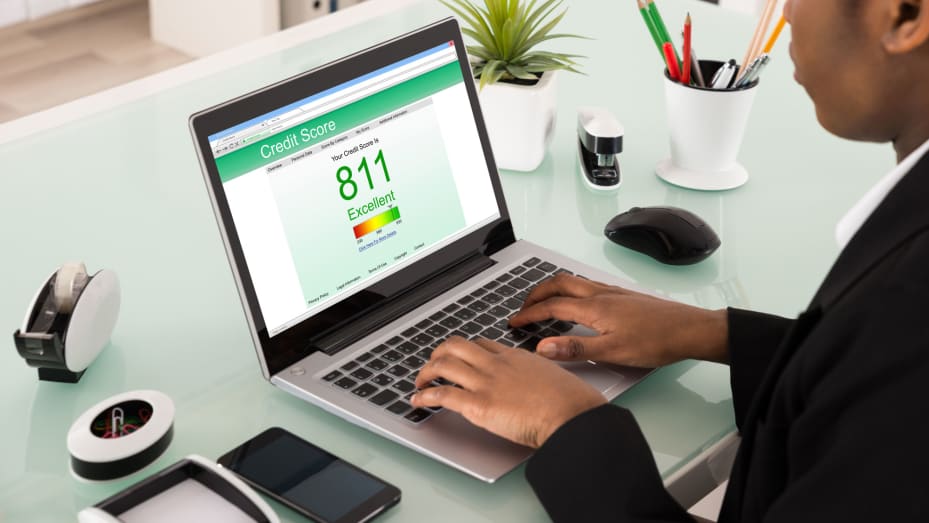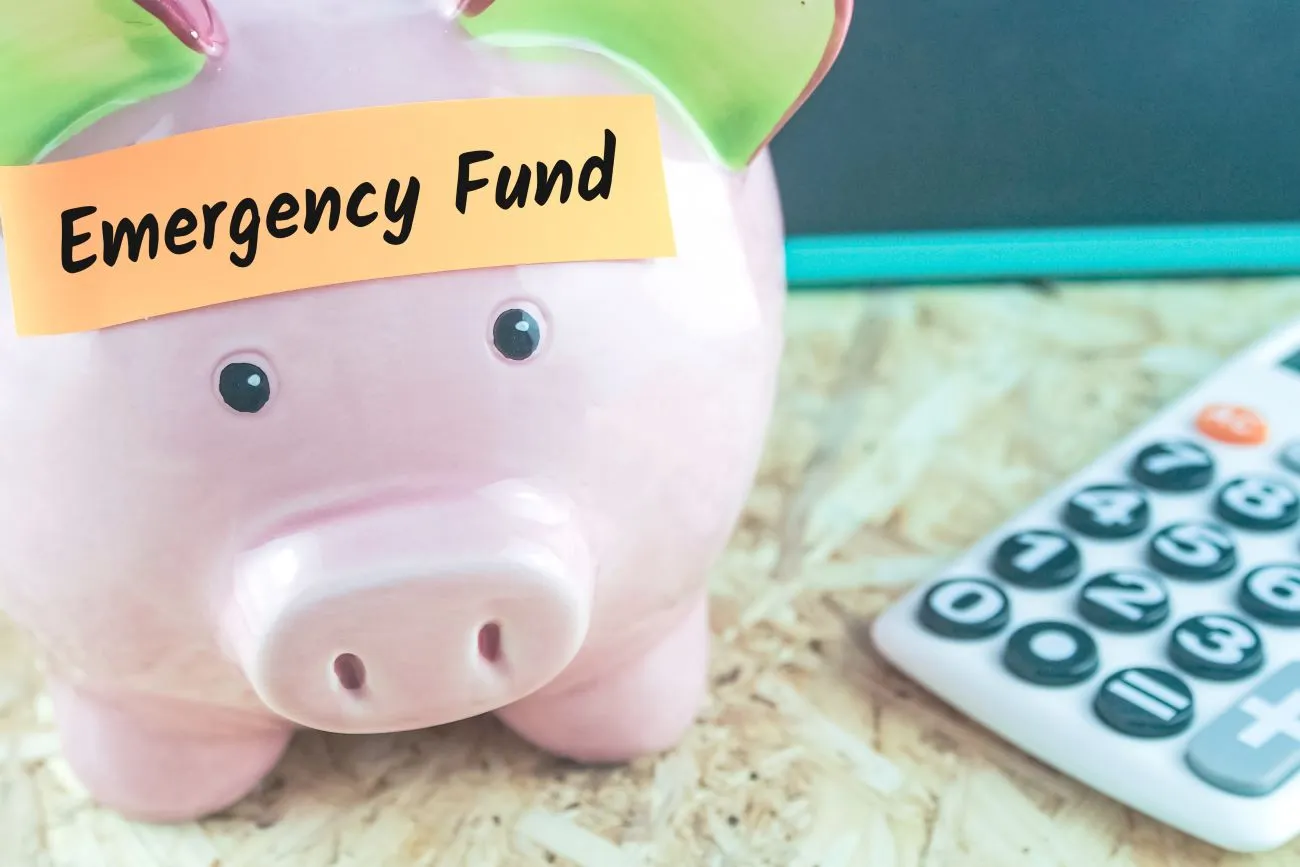Life is quite unpredictable. One moment you are fine. The very next moment, an accident makes you lose your job. Nothing is invincible, and neither is the phase. However, the inability to earn affects other aspects of the lifestyle. It hampers relationships and liabilities to grow. It is worse for the individuals who get delayed in getting dues after a layoff or severance pay.
In the existing economic situation, one can hardly imagine ensuring sufficient savings. Liabilities like rent, groceries, utility bill payments and insurance premiums make savings impossible. Thus, in unemployment, paying bills gets a bit difficult. Delaying credit card payments or electricity bill payments attracts penalties. It may also impact your credit score significantly, making it less attractive in the lender’s and landlord’s eyes.
As it is a pressing concern for nearly every individual around, the blog lists some potential ways to manage important bill payments after unemployment.
6 best ways to clear bills without a regular job
Initially, you can ask for financial help from your loved ones like- friends or brothers. However, you cannot depend on them for every next payment. Thus, here are some ways to fund your bills as an unemployed.
1) Leverage the benefit of protection insurance
Short-term income protection insurance is a facility that one can apply for in the UK. One can benefit from the insurance even if one gets redundant or jobless. A short-term income policy covers the expenses for 1 year or 2.
After applying for the policy, you get it after a week or so. Until then, you can meet your urgent requirements like medical needs with statutory pay. One can claim statutory pay for over 28 weeks from the redundant date.
2) Utilise Payment Protection Insurance
Payment Protection Insurance helps you pay loans or debt repayments. You can tap it in the event of non-repayment due to reasons like- acute illness, unemployment or an accident.
If you believe you cannot pay the debts like student loans, payday loans or mortgages for some time, you may benefit from it.
With this facility, you can cover loan repayments for up to 12 months. You may only qualify for the insurance if you share the least potential to pay the dues. The term may exceed 24 months in some cases.
3) Check housing benefits to pay rent
Housing Benefit helps you pay the rent if you are unemployed or have a low income. You may only qualify for the facility if you have reached State Pension Age. Some individuals get unemployed in their later years or near retirement.
If you are one of them, do not worry, and you can pay the rent using the benefit. Apart from the retirement age, you should have a temporary apartment. If your savings are over £16000 and you claim universal credit, you may not qualify.
4) Pay bills with Payday loans for benefits
One usually taps payday loans to bridge any costs before the salary day. Unemployed individuals may qualify for payday loans for benefits income from a direct lender like Myfinancialloans. It does not require you to have a regular income. Instead, you may qualify for a small amount by revealing income from benefits sources as proof.
The only condition here is you must not be unemployed for your own fault. If it is genuine, you may get the loan seamlessly. You can check it anytime you need to make an urgent payment or emergency. You can repay the amount in 6-12 months. You do not have to split the payments like in other short-term loans. Instead, you can clear the payments in a single lump sum.
5) Identify Mortgage Payments Protection Insurance
Mortgage Payments Protection Insurance protects your mortgage repayments if you get unemployed or sick. If you do not have any savings to fall back on or have a low income, you may qualify.
It covers the most amount for up to 2 years.
However, a minimum period requires you to wait sometime to get the final benefit. You typically get the money within 30 -180 days of the application. Evaluate your choices. If you have sick pay that your employer allows. You can decide on the waiting period.
6) Check out a student loan forgiveness
If you are on student loan payments, check the flexibility of holding payments for a while. With the new rule, you do not have to pay the loan after 25 years of taking one. It is ideal only if you do not have any big goals like- a car purchase, home or property purchase, etc. If not forgiveness, identify whether you can pay after earning a stable income or not.
7) Get an alternative job or a part-time opportunity
No matter if you are living on income from government benefits or other benefits, an additional income source always helps. Identify the area of interest and seek online job options. You may spot job opportunities in niches like- gaming, writing, consulting, Human resource, proofreading, etc.
You can earn a gig by placing your requirements and getting projects. Even if you earn £500 extra from part-time income, you may pay for bills and other essentials.
8) Cut your expenses and filter out
With unemployment, you should review your finances and then expenses. Identify the subscription that you need no more, reduce electricity consumption, limit credit card usage, etc. These things would help you save more for important payments and life goals. If you are still short of some, check whether you can tap the emergency pot.
If you have one, you can check it or withdraw money to get through the tough phase. It is also known as rainy day funds. You should tap emergency funds in extreme cash need. Until then, approach financial experts like Myfinancialloans for money management and emergency cash help without worrying about credit loss.
Bottom line:
These are some ways to manage bill payments and household expenses in unemployment. Check updates about the latest schemes or benefits. However, it may not serve the purpose, or one may not qualify for every scheme. In this case, external facilities like payday loans can help pay bills.






